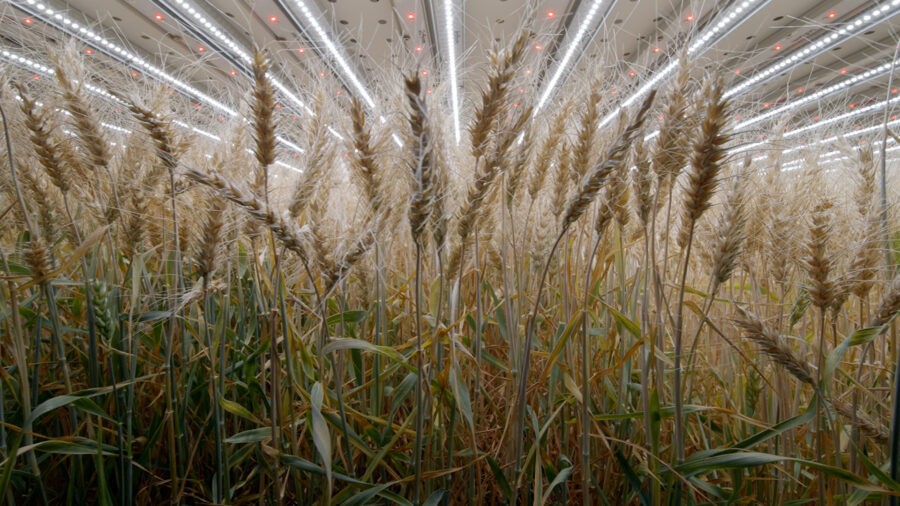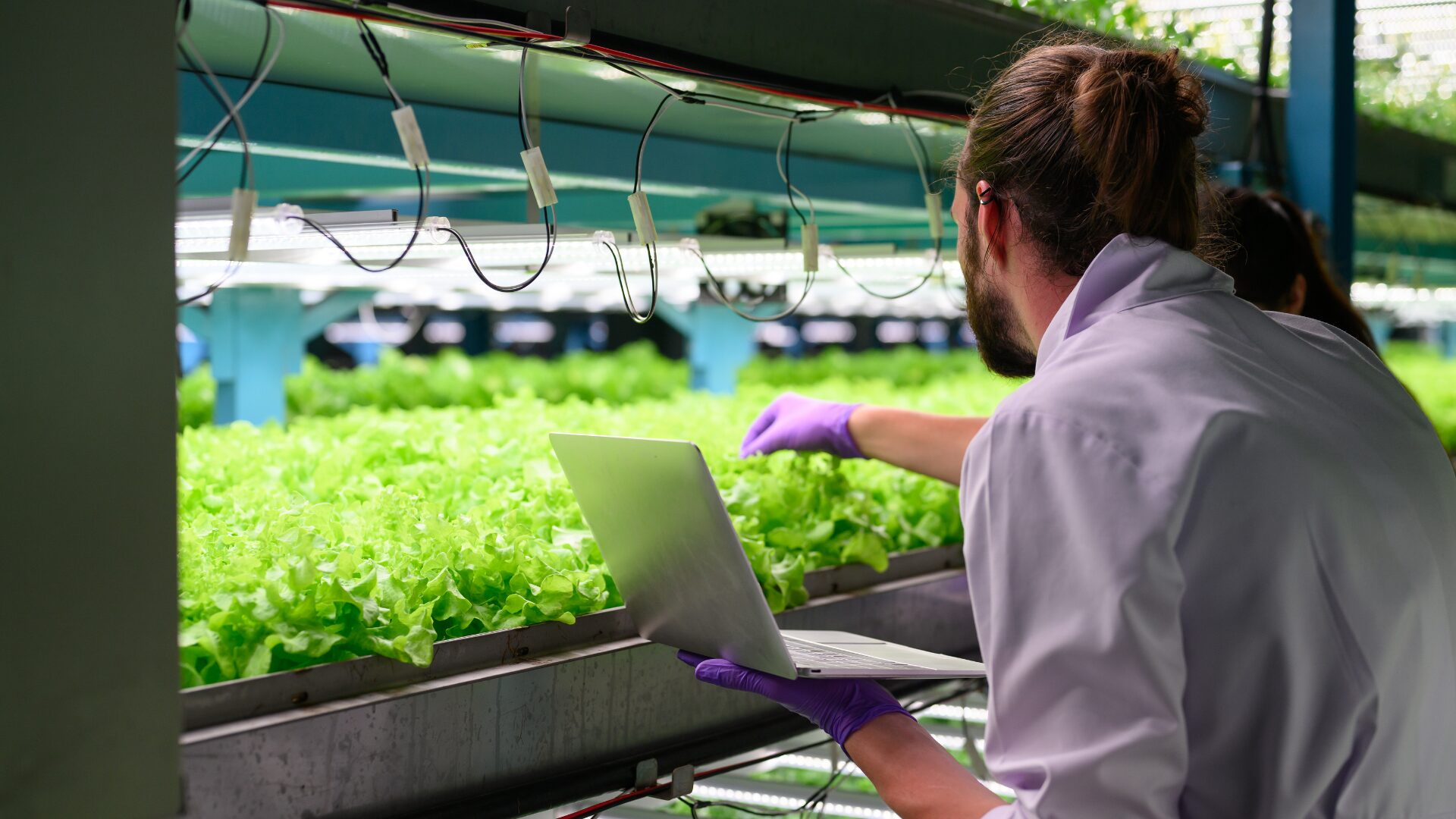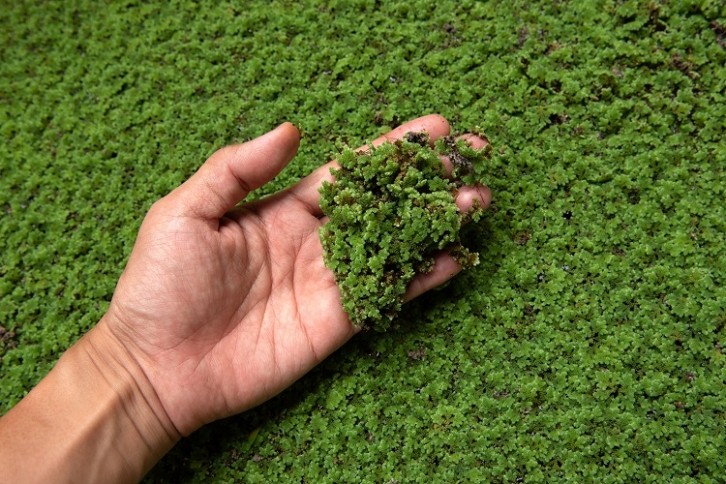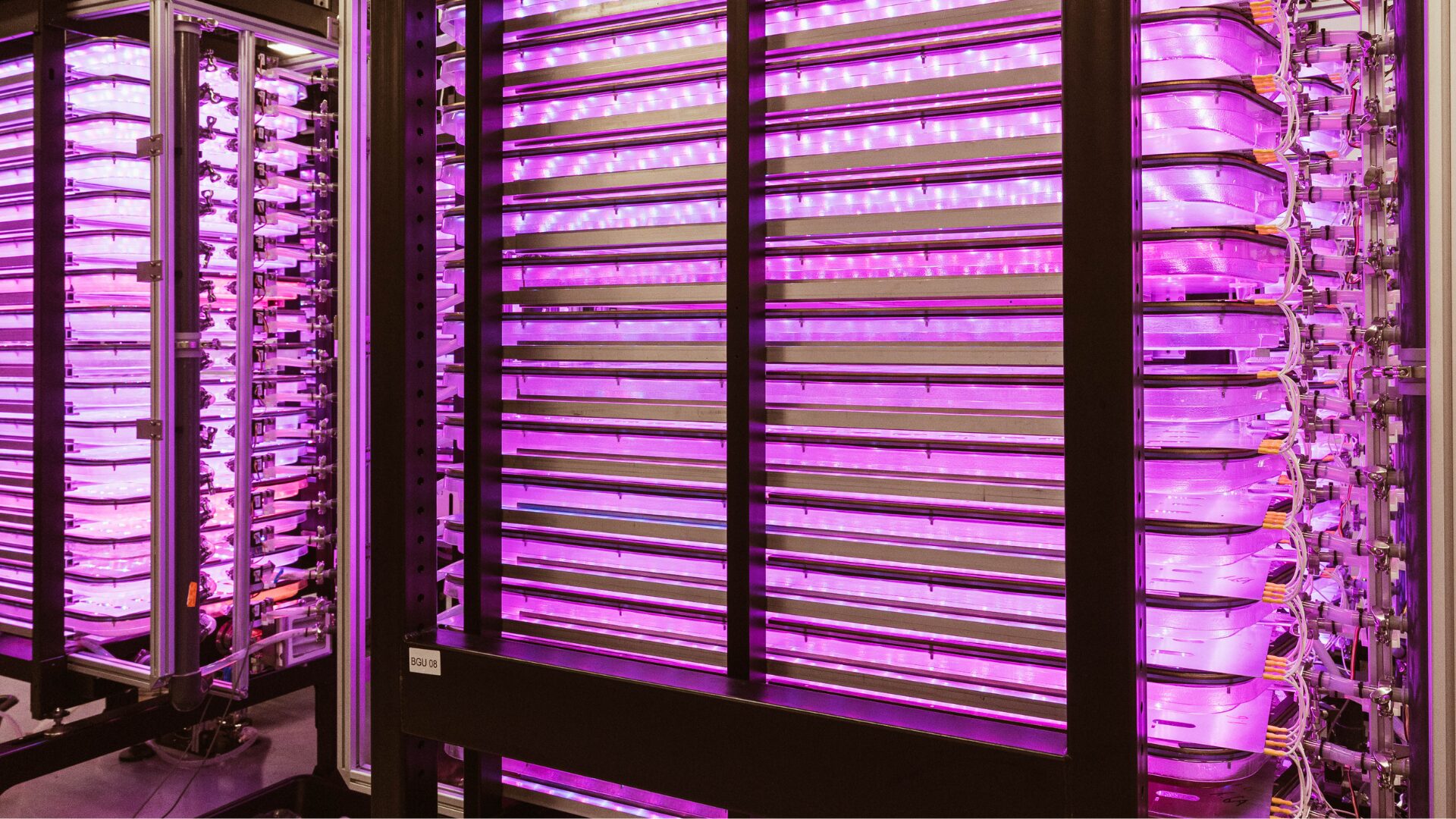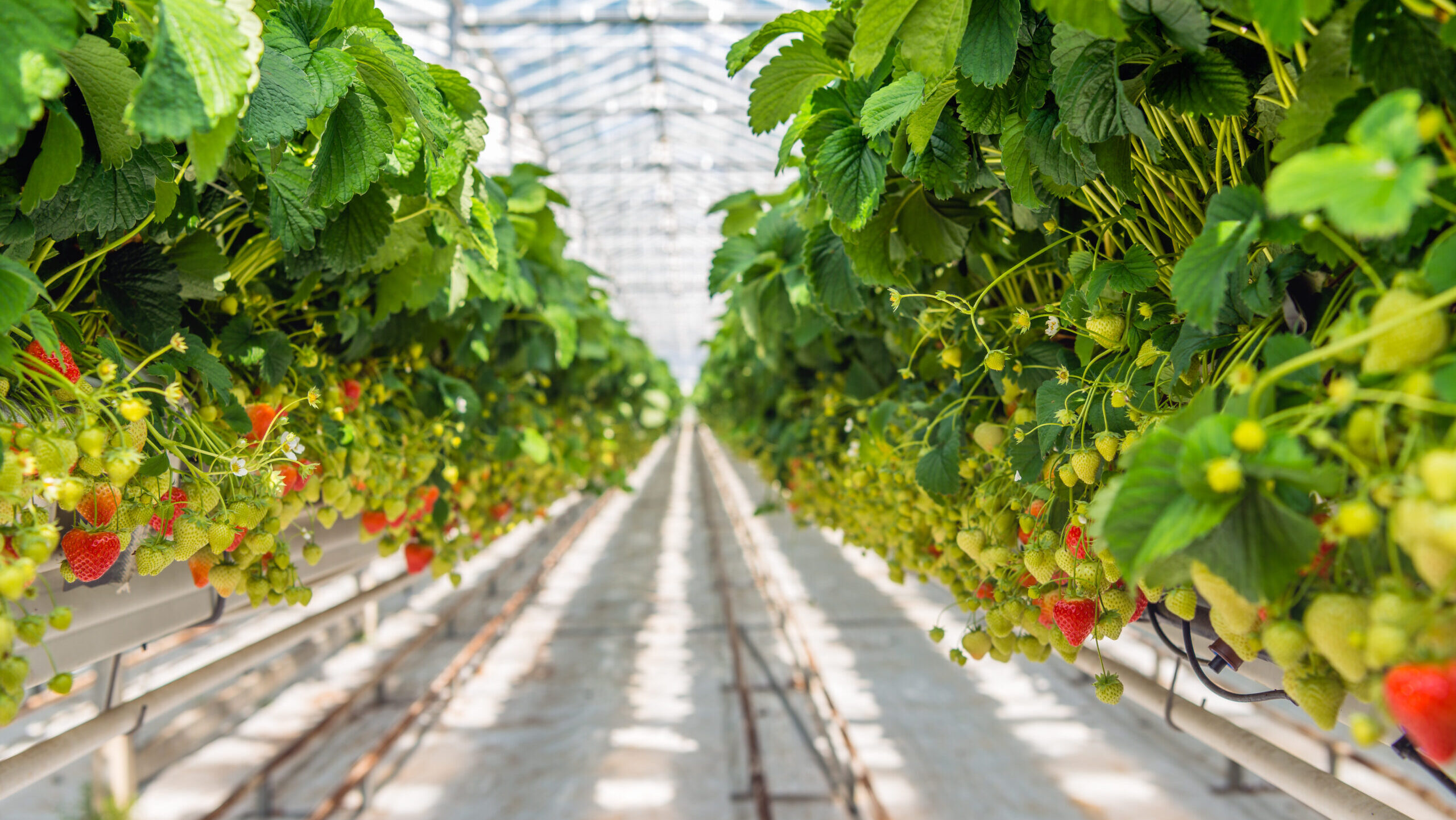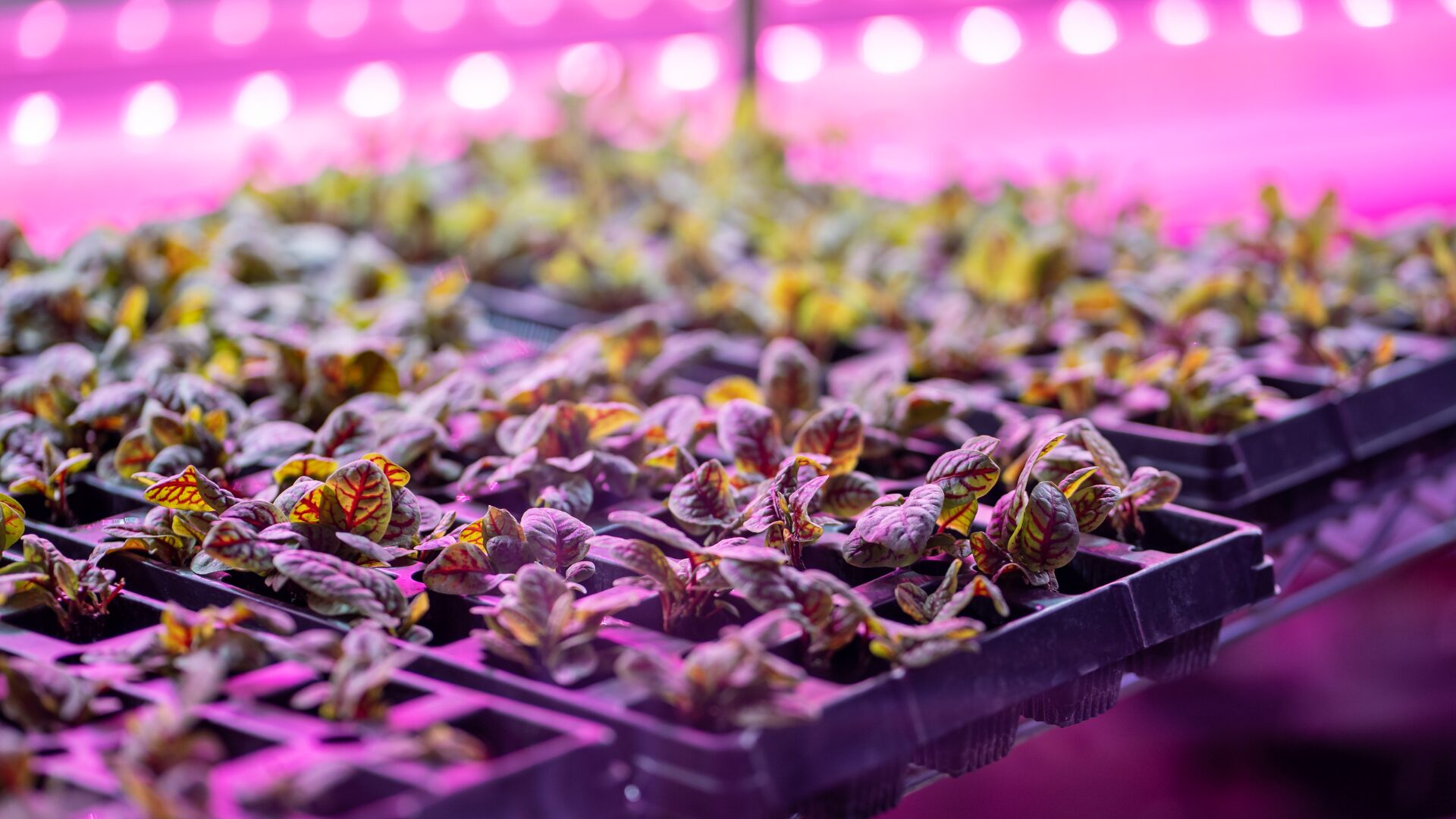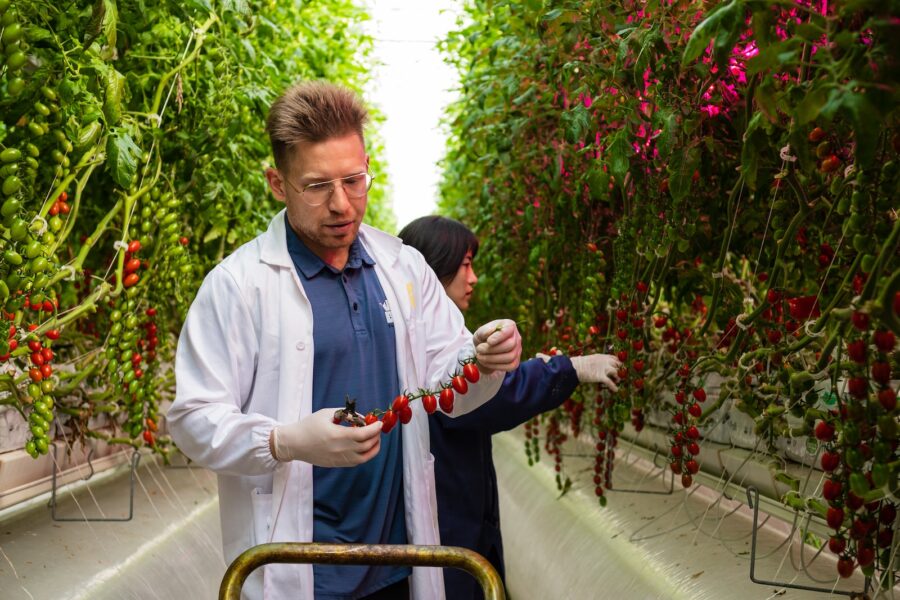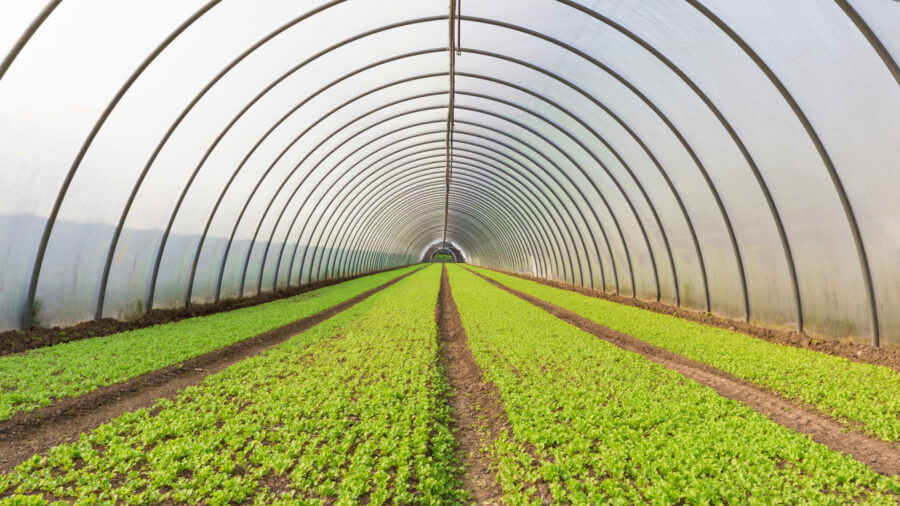Amsterdam-based startup Infarm has become the first vertical farming company to successfully grow wheat indoors—a huge milestone for global food security as climate change worsens traditional farming conditions.
Vertical farms are appealing for their high yields and ability to diversify where food is produced, but until now, most have grown only herbs, leafy greens, mushrooms, and occasionally fruit. Infarm is the first to grow a staple crop like wheat, a core component of diets worldwide.
And to sustainably feed the world’s growing population—which just surpassed 8 billion people—growing wheat efficiently and in a controlled environment could be a game changer.
“Growing wheat indoors and aiming to commercially grow wheat in an indoor farm is pioneering work,” said Guy Galonska, co-founder and CTO of Infarm, to The Food Institute. “Scaling up this project and commercializing indoor wheat is a scientific and technical challenge, though the technology is feasible.”
Traditionally, wheat is grown over a larger area than any other crop. Infarm has managed to grow it using no soil, no pesticides, and significantly less water than traditional farming.
“From our point of view, we must find solutions to advance agriculture and food security because we simply have no other choice—with alarming frequency and intensity, we learn about the devastating effect of climate change on our food systems.” Galonska explained.
In the United States, more than 80% of the country faced abnormally dry conditions this year, especially in several key grain states that could put 2023’s harvest at risk, reported Reuters. And even once wheat is harvested, climate change is also disrupting our ability to transport the crop, with major waterways like the Mississippi River at historically low levels.
“Growing wheat indoors and aiming to commercially grow wheat in an indoor farm is pioneering work.” – Infarm Co-Founder and CTO Guy Galonska
That’s why Galonska says Infarm is a “purpose-driven, impact-conscious company” with a B Corp certification and sustainability strategy integrated into all aspects of the business. “We recently set and submitted climate targets to the Science Based Targets initiative (SBTi), aiming to become net-zero by 2045 and are the first vertical farming company to do so,” he said.
A big part of Infarm’s commitment to growth, in more than one sense of the word, is the company’s keen use of data and modular technology.
“All of our farms are cloud-connected to a central farming brain,” Galonska explained. “Over 75 sensors are in place on our large-scale next-generation farming units.”
These lab-grade sensors enable Infarm to collect more than 50,000 environmental, biological, and machine data points during each plant’s lifetime. That data is then transferred in real time to the central cloud “brain,” where it can be interpreted and put to good use.
“This precious data allows us to continuously improve our growing recipes and the plants’ nutritional values,” Galonska said. “We have already collected over 100 billion data points to improve operations and dramatically reduce our production costs, with an end goal to make our crops more accessible and affordable for consumers.”
Infarm’s first trials growing wheat were exceptional. When projected at scale, the company could produce 117 tons per hectare annually. That’s big business compared to the average 2022 yields of 3.1 tons in the U.S. and 5.6 tons per hectare in the E.U., according to USDA estimates.
Infarm still has a lot of work to do, however, to scale the project, with many potential challenges ahead.
“This trial was the initial step and is a proof of concept which can now be used to develop a path to commercialization,” Golanska said. “But further research and development is necessary to grow wheat commercially and we will continue to focus on that.


